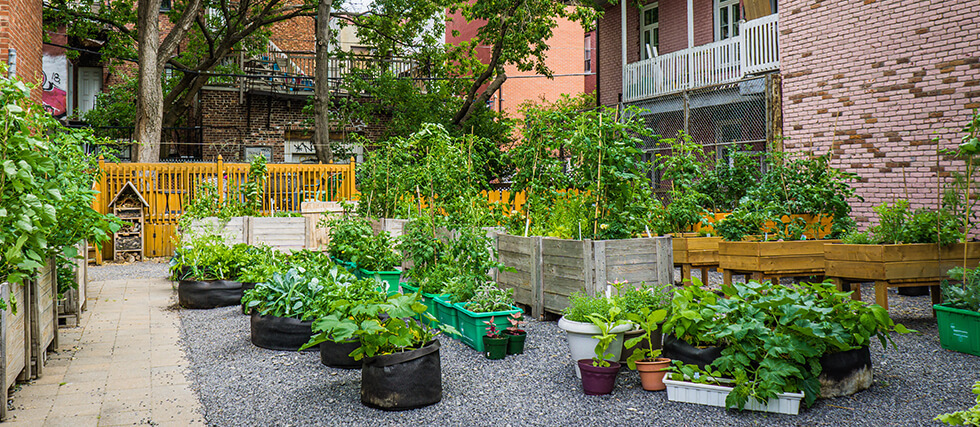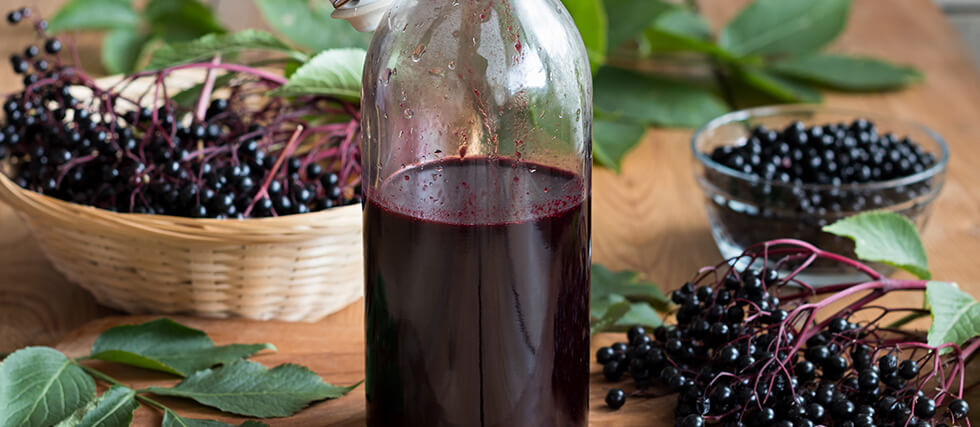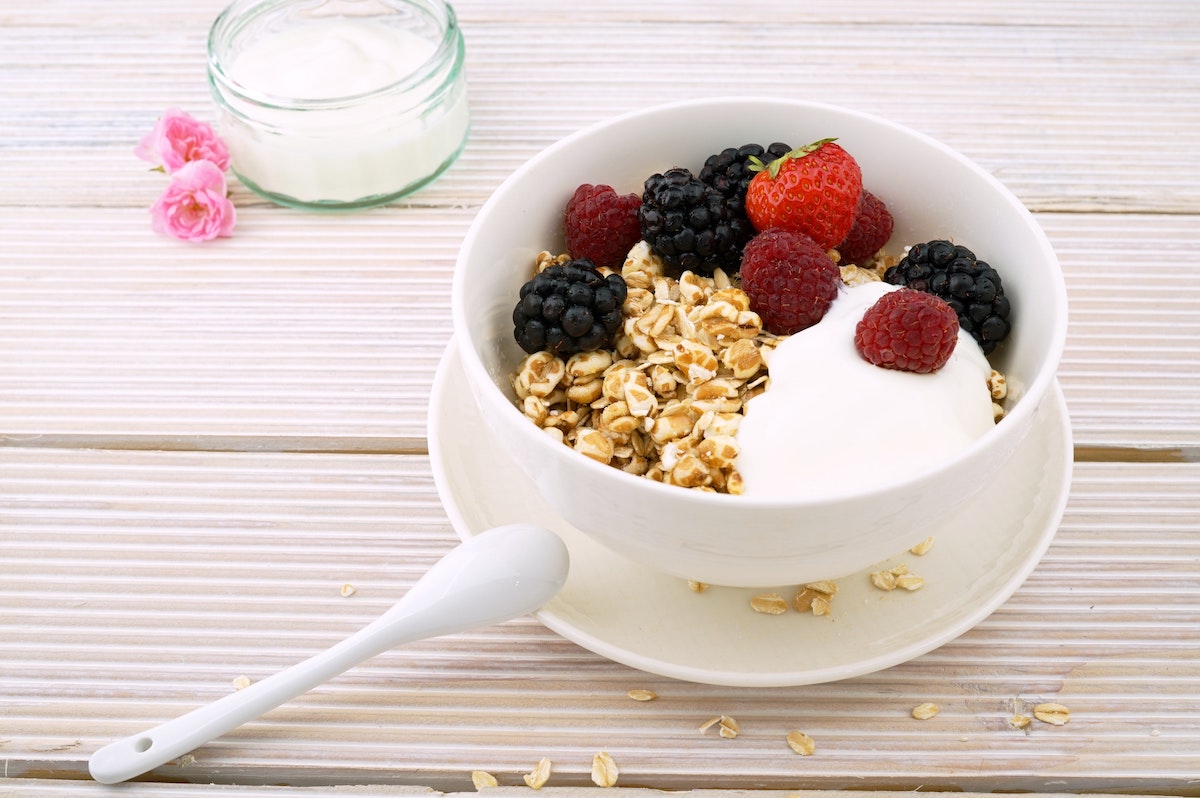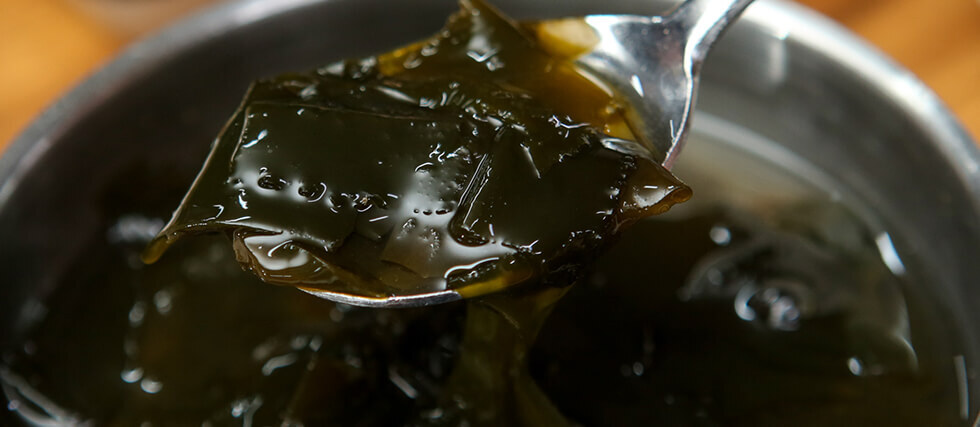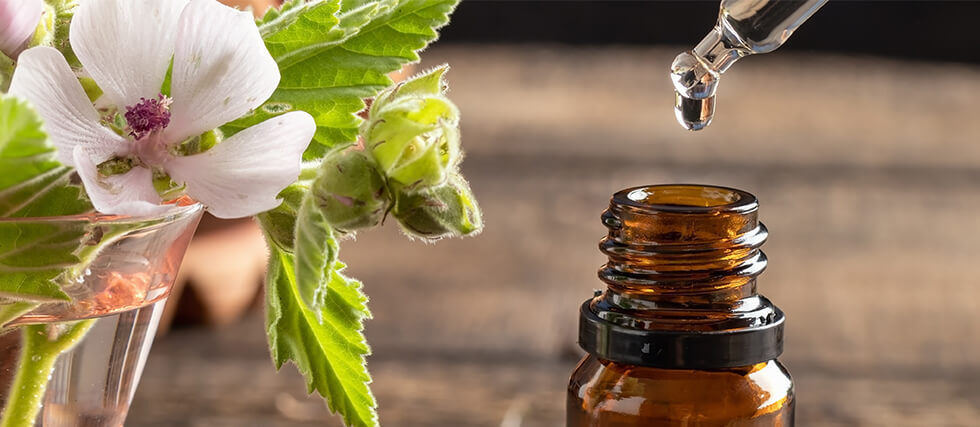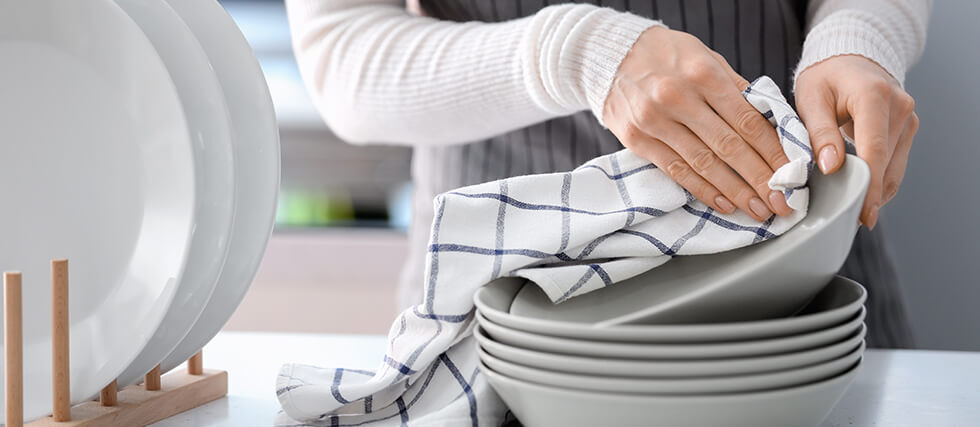Creating a sustainable home doesn’t require a total overhaul—just a few small changes can reduce waste, save energy, and lower your environmental impact.
Here’s how to make your home greener with practical, everyday swaps.
Swap Out Light Bulbs
If you’re still using incandescent bulbs, it’s time to upgrade. LED bulbs last up to 50,000 hours and use a fraction of the energy, saving both money and resources. Unlike traditional bulbs, they don’t waste energy generating heat, making them the smartest lighting choice for an eco-friendly home.
Use Curtains or Cellular Shades
Curtains aren’t just for décor—they help regulate temperature and reduce reliance on energy-hungry air conditioners and heaters. Insulated or room-darkening curtains block excess heat in summer and retain warmth in winter, making your home naturally comfortable.
Install a Water-Saving Shower Head
Switching to a low-flow shower head can reduce water use by 40% or more, cutting down both water waste and your energy bill. Pair this with shorter showers for an even greater impact.
Ditch Paper Towels & Single-Use Products
Paper towels, napkins, and disposable plates create mountains of waste. Swap them for washable cloths and reusable kitchenware to cut down on paper consumption. If you’re feeling bold, reusable toilet paper is even an option!
Switch to Natural Cleaning Products
Conventional cleaners release harmful chemicals into the water supply. Instead, vinegar, baking soda, and lemon juice work wonders for cleaning, disinfecting, and deodorizing—without the toxic side effects.
Line Dry Your Clothes
Clothes dryers consume massive amounts of energy—opt for air drying instead. Whether it’s a drying rack or an outdoor line, your clothes (and the planet) will thank you.
Use Wool Dryer Balls Instead of Dryer Sheets
Skip wasteful dryer sheets and switch to wool dryer balls. They naturally soften clothes, reduce static, and speed up drying time, helping you save both energy and money.
More Ways to Green Up Your Home
Looking for additional ways to make your home more sustainable? Try these eco-friendly solutions:
Fill Your Home with Plants
Houseplants do more than add beauty—they improve indoor air quality by absorbing carbon dioxide and releasing oxygen. If you have space, consider growing a vegetable garden to produce fresh, pesticide-free food and reduce your grocery trips.
Invest in Solar Panels
While solar panels require an upfront investment, they drastically reduce long-term energy consumption and lower utility bills. Plus, many regions offer incentives and rebates for switching to solar energy.
Keep Your Fridge Coils Clean
A simple but often overlooked tip: clean the back of your refrigerator regularly. Dust buildup forces your fridge to work harder, using more energy. Keeping the coils clean helps it run more efficiently and extends its lifespan.
Harvest Rainwater
Installing a rain barrel to collect water runoff from your roof can help reduce water waste. Use the collected water to water plants, wash outdoor furniture, or even flush toilets.
Choose Energy-Efficient Appliances
When it’s time to replace appliances, look for Energy Star- certified models. These appliances use significantly less energy and water, saving money and reducing your home’s environmental footprint.
Compost Your Food Scraps
Instead of tossing food scraps into the trash, start a compost bin. It’s a great way to reduce landfill waste while creating nutrient-rich soil for your garden.


